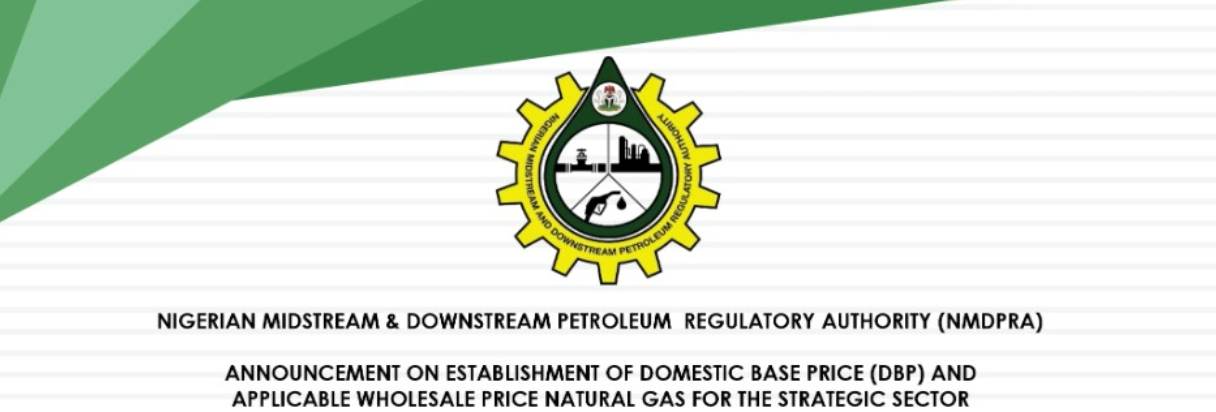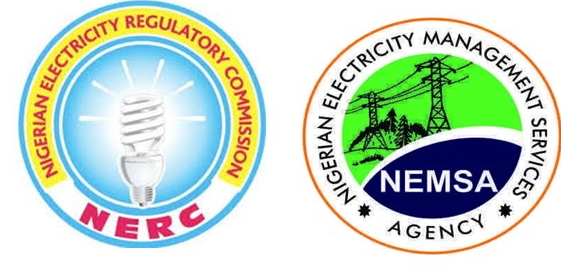Despite the Nigerian Electricity Management Services Agency (NEMSA) banning the 11 Distribution Companies (DisCos) from connecting power users’ facilities to 33 kilovolts (KV) lines, the Nigerian Electricity Regulatory Commission (NERC), has asked DisCos to shun the ban.
Officials of the Federal Ministry of Power said the Minister of Power, Engr. Sale Mamman, had warned the heads of agencies to refrain from disputes, but this opposition by NERC five years NEMSA issued this directive could be a breach of the cordialness effort in the sector.
Why ban on the ‘illegal’ connection remains
NEMSA in 2015 issued the directive banning the use of 33kV Primary Feeder Lines to connect consumers especially those in the Residential categories under the 11 DisCos. It later re-issued the directive on June 6, 2019 without NERC raising any objective in the last five years about this.
NEMSA is an agency of the Federal Government created in 2015 to execute technical enforcement towards promoting safety and best standards by operators in the power sector.
The Managing Director of NEMSA, Engr. Peter Ewesor, said it enforced the ban based on Part 5-Section 11 of the NEMSA Act 2015 which empowers it to issue such directives when threats of danger are sensed in the power sector to safeguard safety of lives and property.
Ewesor in the notices justified the ban saying connecting consumers to 33KV lines unnecessarily increases line loads of already overloaded 33kV feeder lines thereby exposing the facilities of Transmission Company of Nigeria (TCN) to system instabilities.
TCN transmits power through 33KV lines from its 330/132KV substations to DisCos 33/11KV injection substations through the 33KV lines, and DisCos then supply consumers through 11/0.415KV lines.
“The 33KV line connection is to the detriment of delivery of bulk power from transmission stations to the 33/11kV injection substations and subsequently the 11/0.415kV networks which supply the downstream larger consumers.
“Inadequate protection systems to handle frequent and several faults cause disturbances to the national grid system stability, which has in many cases resulted in the loss of costly power equipment worth billions of naira,” NEMSA noted.
The erstwhile MD of TCN, Usman Gur Mohammed, in May 2020 decried the many point loads where DisCos supply customers from, saying it was contributing to the over 110 power grid system collapses recorded since 2010.
On June 26, 2020, being the third time in five years, NEMSA published notices reinstating this ban to the 11 DisCos, further citing safety concerns, 33KV power line overload and the incessant system collapses.
NERC discredits NEMSA over illegal order
About 15 days after NEMSA restated the ban on the what it termed as ‘illegal’ connection, NERC on July 10, 2020, wrote to the heads of the DisCos, the Chairman, Senate Committee on Power, and the Chairman, House of Representatives Committee on Power,
In the letter titled, NERC/02/EPM/COMM/1/20/014, the power sector regulator, said it remains the sole enforcer of rules in the sector, noting that only its directives should be obeyed by the DisCos, without recognition to the NEMSA 2015 Act.
NERC said the Distribution Code, a regulatory instrument for DisCos ensures that DisCos can decide to connect consumers on 11KV or 33KV. “NEMSA’s mandate is to inspect and certify installations for compliance with extant Codes and Regulations and not to determine at which voltage level this installation should be connected.
“None of the regulations has restricted 33KV feeders to delivery of power to injection substations only. They can also serve point load customers through 33/0.400KV transformers. Therefore, the “directive’ of NEMSA banning 33/0.400KV point load connection is not backed by any regulation and hence is of no effect,” the NERC letter signed by the Chairman, Prof. James Momoh stated.
NERC further warned the DisCos to comply or face sanction on licences. “Failure to abide by the extant regulations on the connection of customers of distribution systems seeking connection or modification of connection shall be considered as a breach of condition 28 of your License Terms and Conditions and shall be appropriately sanctioned by the Commission. Please be guided accordingly,” Momoh warned.
However, NERC in its letter admitted the safety concerns raised by NEMSA when it referred to its directive issued on August 2, 2011, “restricting the connection of 33/0.400kV point-load customers where there are no 11kV feeders. This directive was premised on safety concerns as a result of crossings of 33kV and 11kV feeders which resulted in several accidents.”
NEMSA insists order in force
In response to the NERC’s order to the DisCos to ignore the directive, NEMSA wrote to the DisCos reminding them of its statutory technical enforcement duty through its 2015 Act. The agency also wrote to the Minister of Power, and oversight committees of the National Assembly to seek their intervention.
In the letter titled, NEMSA/MD/0006/V/1166, and dated July 17, 2020, NEMSA asked NERC if the issue of safety it had raised in 2011 was over. “The question that may be asked at this juncture is: “has the unsafe situation and condition identified then by the Commission in the power industry changed for the better?”
The agency also clarified that NERC did not consult it when the Commission summoned NEMSA and the DisCos in June to hear the concerns. NEMSA also noted that it could not have honoured a ‘summon’ from NERC because NEMSA was a statutory and technical enforcement agency, and not licenced by NERC like the 11 DisCos.
“The Commission has no power whatsoever, or by any guise to attempt to annul an enforcement directive issued statutorily by NEMSA in line with the provision of extant regulations and the Law,” Ewesor said.
He added that NERC cannot through a mere resolution instrument “attempt to change or alter the position of the enforcement powers of NEMSA under the Law (NEMSA Act-2015) to the detriment of the safety of Nigerian lives and property.
“DisCos to also note that there is no provision for the use of 33/0.400kV distribution transformers in the Nigerian Electricity Supply Industry (NESI) except for Station Service transformers use only and stakeholders can interrogate the NESIS for this fact,” the NEMSA letter concluded.








































